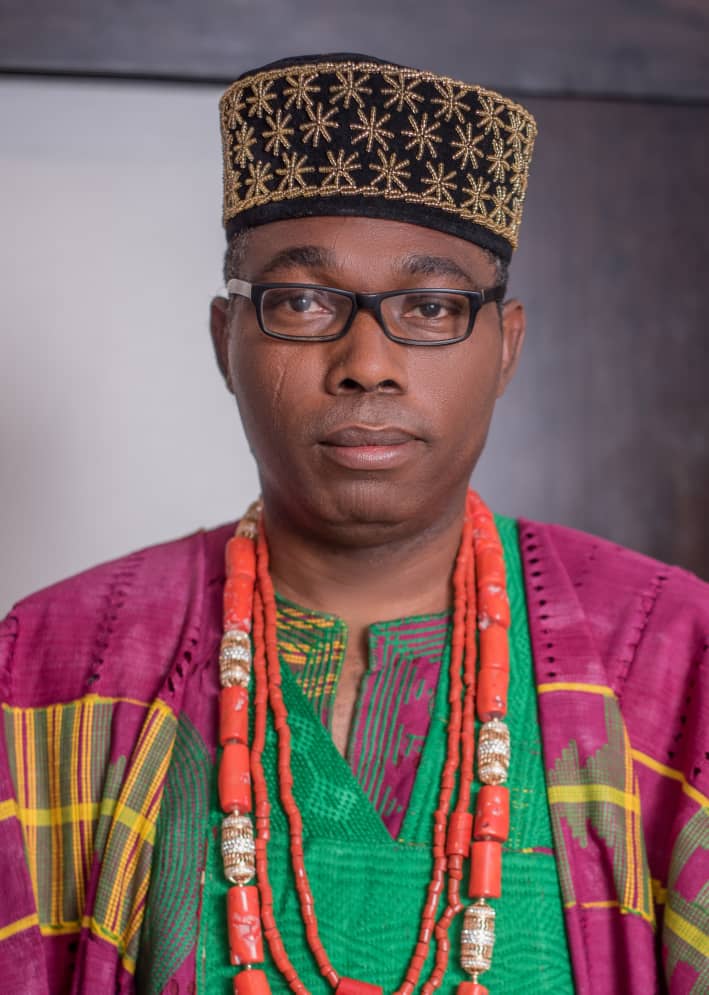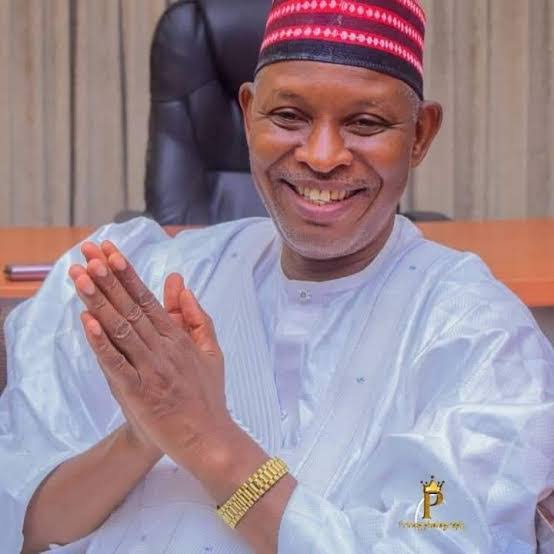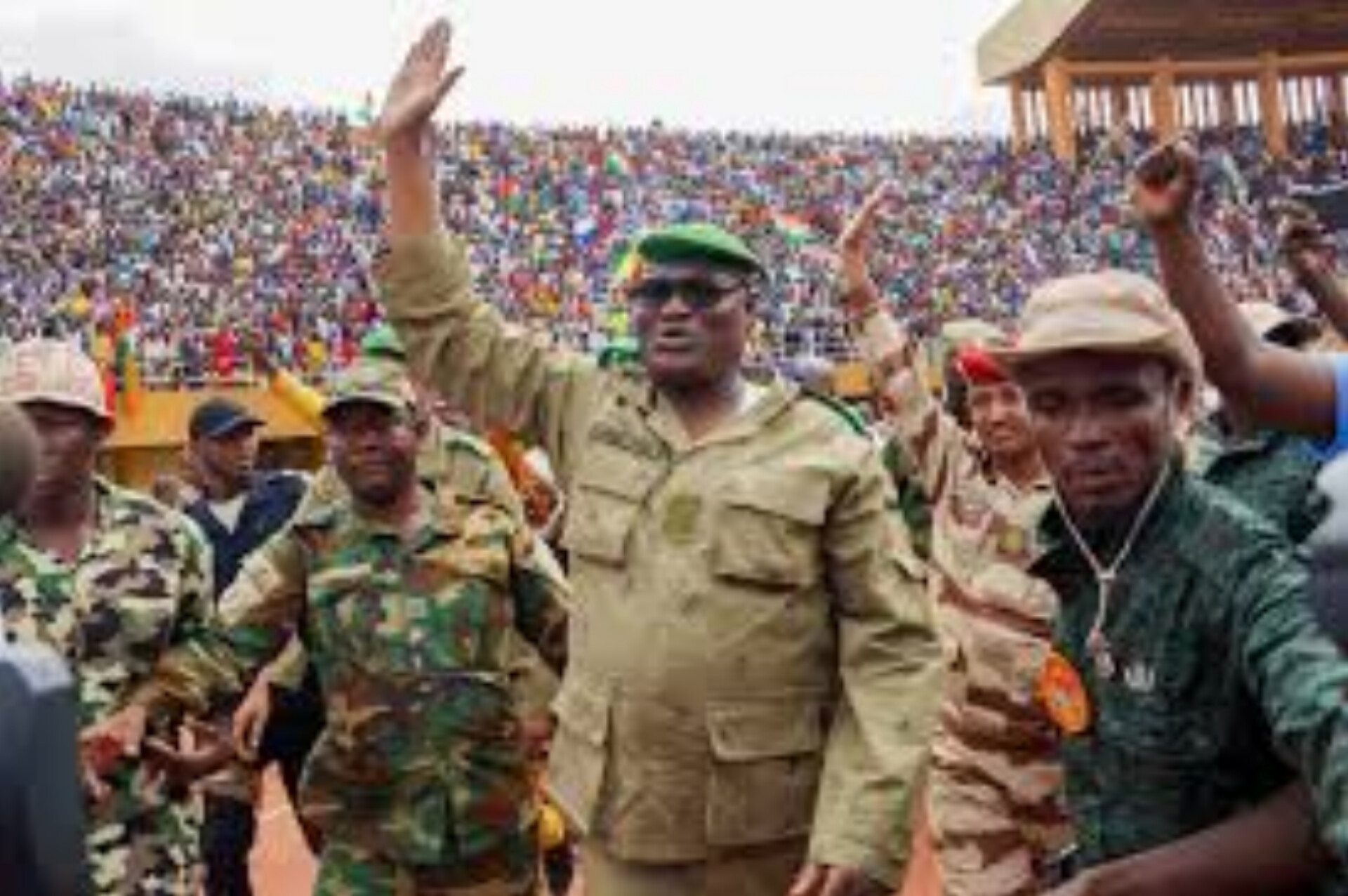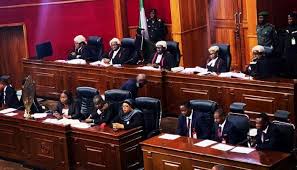Nigeria’s fundamental problems can be solved by good, pragmatic leadership. While this sounds cliché and quite repetitive, it does not in any way diminishes the absolute truth it holds. For the record, Nigeria has had 16 different leaders, some as military heads of state and some as democratically elected Presidents starting from Alh. Abubakar Tafawa Balewa in 1960 to President Muhammadu Buhari, elected in 2015. We are witnesses to what they promised to achieve and what happened after they had received the mantle of leadership. This opinion does not attempt to mask the fact that in the bulk of our experience with politicians as ordinary Nigerians, it typically feels impossible to internalise the possibility of having a leader who is free of preconceived notions, sentiments and biases, since we are products of our cultural socialisation. However, it would be overly conclusive to dismiss the fact that we can find that person who recognises and acknowledges these human limitations and, has over the years, deliberately learned to live above these prejudices by being broadminded, tolerant and conscious of our diversity as a people, thereby promoting that which unites us over any that divides us. Now, more than ever before, we desperately need our best hand on the job considering the many years of systematic decay and a huge loss of confidence in our public office holders. Needless to say that although people are disappointed with what’s happening in the political space, we have a lot more who are passionate and, if given the opportunity, are willing to put in their best to make things work. So who is best for the job? To answer this question, it’s important to outline what the job entails and how best a leader can fit into the role; For starters, the job requires a leader who does not obtain the legitimacy of their political acumen by appeal to religion, and sees the rest of the country as an extension of their religious conclave and their ascension to power as some fulfilment of the prophesy regurgitated over years by some religious bigots, who are so culturally insensitive that they don’t understand, much less respect, the basic traditions of others, and who are so emboldened in using enormous resources of the state power to advance sectarian supremacy. PAlso, taking a quick look at the scale of ethnic divide we are witnessing across the country, one would easily realise that we certainly don’t need an ethno-religious bigot no matter how qualified the person is in other areas of life. The country needs a unifier, someone who regards the whole country as their constituency.The concentration of economic resources in the hands of the federal government makes political positions economically attractive and creates opportunities for corruption and theft of public financial resources. The wanton cases of looted funds and widespread fraud in public offices is a confirmation of that. What Nigeria needs now is a good manager of resources devoid of any financial scandal with a record to show for it.The next president should have the energy required of the office; we don’t need another person that will be shuttling between Nigeria and London on medical trips. Nigeria cannot afford the cost that comes with having a President frequenting foreign hospitals, leaving behind a vacuum that is mostly taken over by cabals. While the saying goes that our health is in the hands of God, we should first of all get someone who is healthy with full physical and mental energy for the job and not someone who is already sick and weak but desperate to just bear the title, “Mr President”.Our place in global politics needs to be strengthened, and it’s important that the next president understands the intrigues of global politics. Nigeria needs that person who, in words and in deeds, understands the dynamics that come with global politics through having a global exposure and experience of power plays around the world.The issues listed above are not the only conditions to lookout for in the next President, but these are suggestions that serve as a scale to truly manage our expectations and of course, hold whoever we will have as president to account.Being equipped with the aforementioned ideas, one can easily sift through the barrage of political hopefuls armed with their porous manifestos.Now, in the halls of people who are cut out of things decent and durable, is a man deserving of much more spotlight than he has allowed to be cast on him, mostly because he has spent the most part of his years focused on working to build himself and thousands of people without making a noise about it. His name is Adewole Adebayo, a presidential hopeful come 2023.Beyond his aspiration, the focus is on who he is and how he can solve the problems Nigeria is faced with, which he has maintained are not as complicated as most politicians will want us to believe. Adewole Adebayo is a Prince of the famous Ondo Kingdom in Southwestern Nigeria. Born on the 8th of January 1972, the now 50 year old had both his primary and secondary education in Ondo, from where he proceeded to the prestigious Obafemi Awolowo University and graduated with honours in Law. He was called to bar in 2000 after completing and passing his Bar examination. Prince Adewole Adebayo bagged a Master of Law degree at the University of Jos . He later enrolled for studies in the United States of America, completing the New York Bar Exams in flying colours. He is an internationally acclaimed lawyer, media entrepreneur and a philanthropist. As at today, his practice cuts across all the continents of the world. Prince Adewole Adebayo is licensed in California, New York and the courts of the United Kingdom. He has practiced in the UK, Europe and Australia. He is a fellow of the Chartered Institute of Arbitration Nigeria, Singapore, and the United Kingdom.He is the Chairman of Blueprint Global Group Washington DC, Board Adviser of US Black Chambers of Commerce. Board of Adviser, National Black Chambers of commerce USA. He is also President and Board Chairman of several corporations in the US, Nigeria and East Africa.This versatile Prince of Ondo Kingdom is a farmer and Chairman of Agbede Agric projects, chairman of SAI Phytochemical producers of Sailing drugs for the treatment of sickle cell anaemia in India and Nigeria. In 2006, he was appointed the chairman of Africa Dialogue Mission (ADM) by the United Nations Organisation and ECOWAS as commissioner on the Truth and Reconciliation Commission in Liberia .A patriotic Nigerian is the fitting description of Prince Adewole Adebayo in words and action, so passionate about Nigeria and his people. In 2016, he decided to relocate some of his businesses to Nigeria to contribute in the development and growth of his country. He has to his credit many notable companies he has founded among which is the KAFTAN TV headquartered in Ondo with additional branches in Lagos, Abuja and Washington DC. KAFTAN TV broadcasts across more than 20 countries with news reaching an audience of over 6 million homes with news in business, politics, sports, entertainment, and global trends.There’s no better and urgent time Nigeria needs a detribalised president than now. Prince Adewole Adebayo, in every organisation he has worked, and within all the companies he established, has demonstrated in complete measure what can be referred to as a “mini Nigeria”. He has maintained good representation of every Nigerian of great capacity in his companies, verifiable at anytime. In fact, the composition of his domestic staff is another “mini Nigeria”. As part of his innate desire for fair representation, he factored in the local audience by the introduction KAFTAN TV Hausa, KAFTAN TV Yoruba and the KAFTAN TV Igbo in view.Prince Adewole Adebayo has, through his media houses, trained and produced 1,022 corps members in its three stations; Ondo, Lagos and Abuja, after which he retained 103 corps members. In November 18, 2021, NYSC recognised KAFTAN TV as the best corps members employer in Ondo state. In partnership with Ondo Ekimogun Youth, he has offered a broadcast training to 59 youths who have successfully graduated and 5 have been offered full-time employment by KAFTAN TV.It was Malcolm X who once said that education is the passport to the future, for tomorrow belongs to those who prepare for it today and Prince Adewole Adebayo is a man who places the highest premium on education, and has consistently sponsored students in Nigerian Tertiary Institutions. Currently, 500 students are beneficiaries already. This is asides hundreds of women financially empowered in trades and small businesses without him making a fuss about it.We live in a country where corruption is a norm in many quarters, and many elites pride themselves in tax evasion; Prince Adewole Adebayo’s principled lifestyle and integrity earned him an award in March 2021 by the Ondo state government as the indigene who pays the highest personal income tax to the state government. So, how else does one define accountability?Prince Adewole Adebayo is among the most educated Nigerians who has used his knowledge and talents to make impact in different areas of life; an international lawyer of repute, a successful media entrepreneur, a vast agriculturalist, an astute manufacturer, an empathetic philanthropist, a United Nations peace advocate, Board chairman of many international businesses and Board advisor of international corporations across many continents of the world. How else would one substantiate exposure, experience and global knowledge of how to restore hope and make Nigeria work?Prince Adewole Adebayo is both a visual and tangible representation of the hope many patriotic Nigerians cling onto. Come 2023, it’ll be in the interest of ordinary Nigerians, you and I, and the future generations, to ride on the wings of this enigmatic eagle as he soars us through heights that have only been recurring moments in our republican dreams since 1960.
GENSHAKAH GOLAK, A Core Progressive, An Opinion Leader, writes from Abuja.
.




